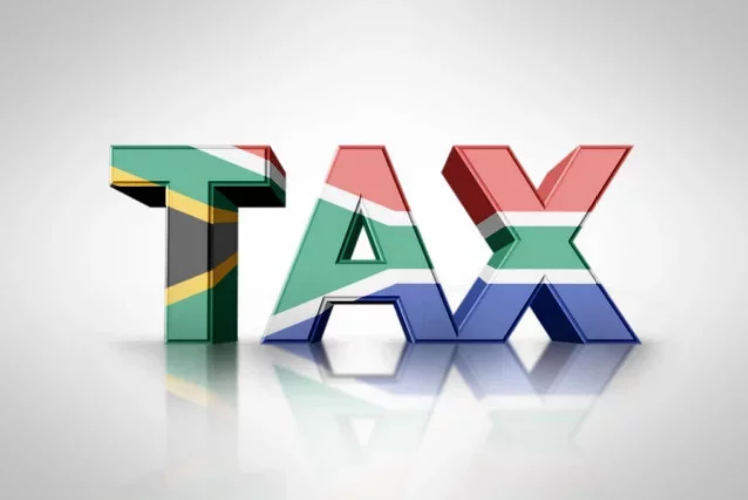
Opinion – I WAS in a serious accident in 1999 which left me with a broken femur, shattered humerus, three cracked ribs on the left and two on the right, both lungs punctured In 2012, I contracted viral encephalitis.
More recently, in 2016, my youngest daughter was born 10 weeks premature and spent the next six weeks in neonatal ICU.
Today, I’m in extremely good shape for someone two years shy of 60, and my daughter is as happy and healthy as one would like a 3-year-old to be.
We were both able to access world-class treatment from the private sector, and medical aid picked up the bulk of those costs.
Last week, Health Minister Zweli Mkhize tabled the National Health Insurance Bill in Parliament.
If the bill had been law during any of the incidents I described, I or my daughter would be dead.
Yes, dead.
In the very first chapter, the NHI bill declares that The Competition Act is not applicable to any transactions concluded in terms of the NHI.
This allows our government to create a monopoly controlled by the state. All South Africans will automatically become members of the NHI. All private medical schemes will be shut down.
If you are employed and pay for medical aid, you get a tax credit to offset some of the costs.
This will fall away. The government will take that money out of your income tax and put it into a pool, and make you pay additional taxes as well – about R256 billion extra a year will be needed.
If you have a GP who has been treating you for years, forget that. GPs will be allocated a set number of patients they will be expected to treat, and there will be limits on how often you see a GP.
Are you pregnant and planning to have a Caesarean delivery? The NHI will not cover treatments that are not considered to be “medical necessities”, such as an elective C-section.
Are you used to buying your medicines from a pharmacy based on what your doctor prescribed?
The state will buy your medicines for you, but again, based on what it believes is correct. You will not have the choice to pay extra for original medication and will be forced to accept generic brands.
Are you concerned about doctor/patient confidentiality? Do you want the state to know you are on antidepressants or being treated for addiction?
All your medical records will be held by the NHI.
Are you used to your GP giving you a referral to a specialist who sees you promptly? The NHI will manage referrals to specialists – and you must be prepared to join the queue.
On holiday from Durban in Cape Town and want to see a GP? Forget it. You need to get officially transferred first by filling out forms.
You don’t mind paying extra for a specialist who charges more than medical aid rates because she is world-class? Forget that too. Under the NHI, the minister will set limits on how much any doctor can charge.
Is there an expensive drug keeping you alive that medical aid pays for? Under the NHI, it has to be “cost-effective”.
The two doses of the Palivizumab antibody given to my premature daughter at R10 000 a dose would not be covered by the NHI.
If you’re getting the impression that the entire NHI scheme is an unmitigated disaster waiting to happen, you are correct.
The 11 pilot programmes run by the Health Department over five years at a cost of R4bn failed to meet the basic target of improving people’s health.
But meanwhile, we should be serious about working towards universal health care for all South Africans.
Here’s how we should do it. Take the entire Health budget of R226bn and give the money in vouchers to the 50 million South Africans without medical aid.
They can then use these vouchers, R376 a month, to buy entry-level medical aid from the existing providers.
There are many providers offering low-cost plans. Example, Discovery Health’s entry-level “Keycare Start” package costs R839 a month for adults and R505 a month for children.
This provides cover for hospital, chronic illness, cancer and day- to-day.
It would be a no-brainer from a business point of view for all providers to roll out tailored products at R376 a month. For example, students might only need hospital cover while the elderly might need chronic medication.
As with schooling, individuals might choose to pay out of their own pocket for additional coverage.
State health care facilities could be handed over to existing hospital chains such as Netcare or MediClinic. In exchange, they would be required to maintain a proportionate number of primary health-care facilities across the country.
The government’s role needs to be ensuring minimum standards are maintained.
Such a system has worked very successfully in Israel since its universal health-care act was passed in 1995. Israel today consistently features in the top 10 healthiest countries in the world.
I see many constitutional flaws in the NHI bill as drafted.
I expect the resultant legal challenges to take a long time to be finalised. Let’s use that time to shift the conversation toward other, workable solutions.
Srikanthan is one of the names of Vishnu. Another name for Vishnu is Jagannath, “the unstoppable force”, which gives us the modern word “juggernaut”. Pillay writes about understanding the unstoppable forces which shape our lives in technology, commerce, science and society.
Articel by KANTHAN PILLAY and IOL










